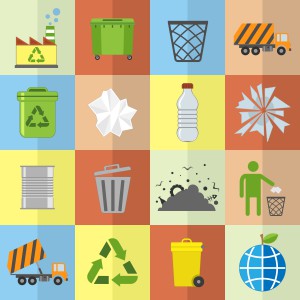You may have never heard of transgenics, but you have probably used a product of this origin. When this issue is put on the agenda, some defend production and say it is a great way to fight hunger through more resistant and nutritious food. Critics, on the other hand, claim that these products can have serious consequences for human health and the environment.

The word comes from the Latin, “trans" meaning position beyond, through, change and “genetic” which means belonging to or relating to the gene. That is, through techniques used by genetic engineering in laboratories, transgenics have changes in their set of genes, which may involve one or more genes artificially transferred from another species.
The Biosafety Law, approved in 2005, following certain criteria, allows the commercialization of transgenics. The main objective of these products is to make plants and animals more resistant to pests, diseases and pesticides, in addition to making them more nutritious and productive, thus improving the quality of the product. However, there is great controversy on this subject, because some people, especially environmentalists, believe that these products can bring serious crags human health and have a major impact on the environment. These fight for organisms with the modified genetic code to be banned.
The first transgenic food of animal origin to be released for consumption was transgenic salmon. Among the most consumed are corn and soybeans. Modified cotton is also produced by several countries around the world. Living beings have also emerged through these tests, the best known case being the cloning of Dolly the sheep.
- Text written by Natália Nocelli from the Eu Sem Fronteiras Team.

























